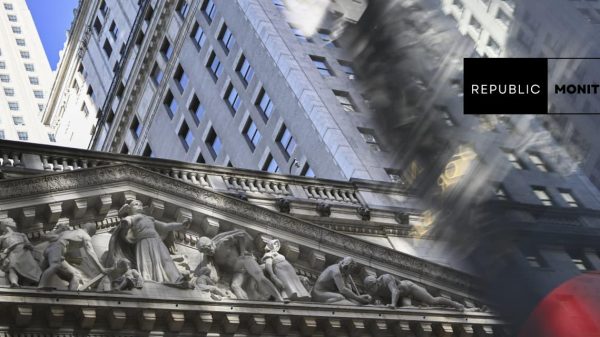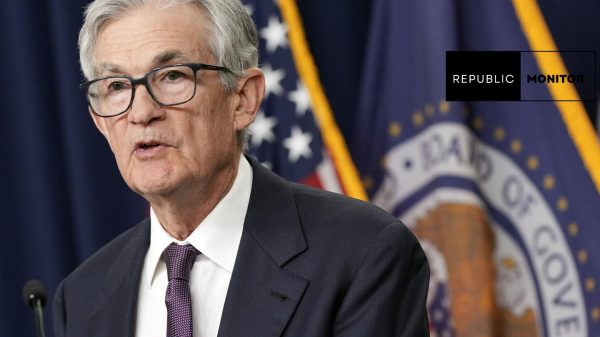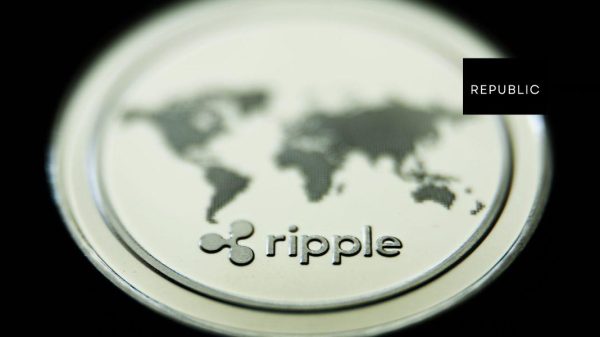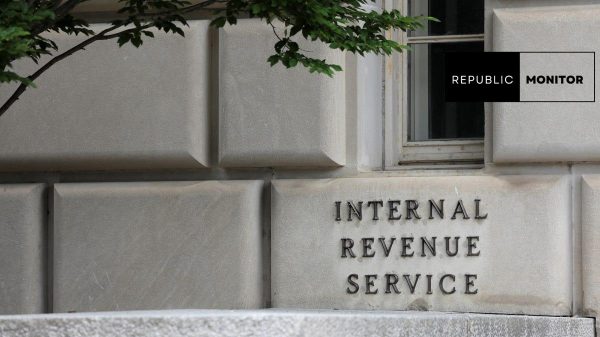The shares of the German lender, which are traded on the Frankfurt Stock Exchange, fell for a third straight day, losing more than a fifth of their value this month. Credit default swaps, which protect a company’s bondholders from default, increased from 142 to 173 basis points on Thursday night.

tamil.goodreturns
Deutsche Bank shares slide:
Regulators and central banks in Switzerland had hoped that brokering the sale of Credit Suisse would help to calm the markets. However, it is evident that investors still need to be convinced that the deal will be sufficient to contain the stress. Additionally, as part of its rescue deal, tier-one (AT1) bonds from Deutsche Bank, an asset class write-down of Credit Suisse’s AT1s, also experienced a sharp sell-off.
After completing a multibillion-euro restructuring that started in 2019 to lower costs and boost profitability, Deutsche Bank has now reported ten consecutive quarters of profit. The lender’s net income rose 159 per cent from the prior year to 5 billion euros ($5.4 billion) in 2022. CET1 ratio, which measures bank solvency, was 13 points four per cent, while its liquidity coverage ratio, which measures how well banks are funded, was 142 points forty per cent. These numbers do not suggest the bank’s solvency or liquidity position is threatened. German Chancellor Olaf Scholz said there is no reason to speculate about Deutsche Bank’s future at a news conference in Brussels on Friday. He added that the bank had “completely reorganised and modernised its business model.”.
Risk In Splitup:
According to a note released by Moody’s on Wednesday, governments and financial regulators should “broadly succeed” in containing the risk of spreading the issues revealed at individual lenders.
The credit strategy team at the rating agency: “Yet, in an uncertain economic environment and with investor confidence remaining shaky, there is a risk that authorities may be unable to contain the current instability without longer-term and potentially severe ramifications within and beyond the banking system.” “We expected global credit conditions to worsen in 2023 as a result of significantly higher interest rates, weaker development, including recessions in some countries, and even before bank stress became obvious.” According to Moody’s if central banks continue their efforts to rein in inflation, the longer financial conditions remain tight, the more likely it is that “stresses expand beyond the banking sector, unleashing greater financial and economic harm.”
Read Also:- Who is Lisa McHugh’s husband? Does Lisa McHugh have children?
















